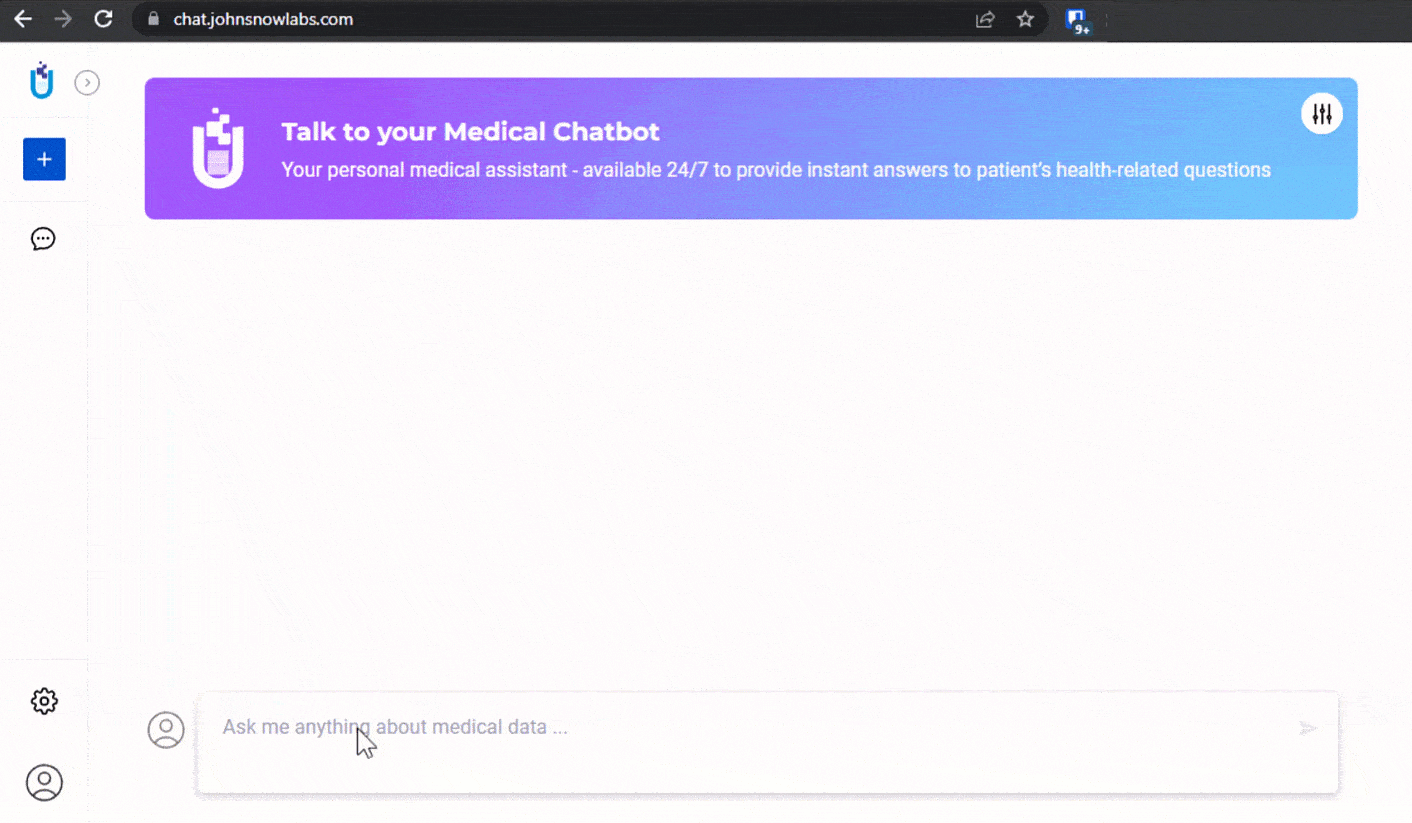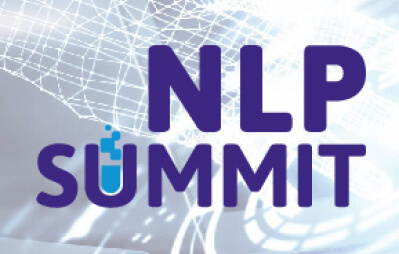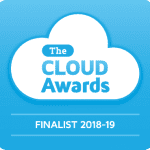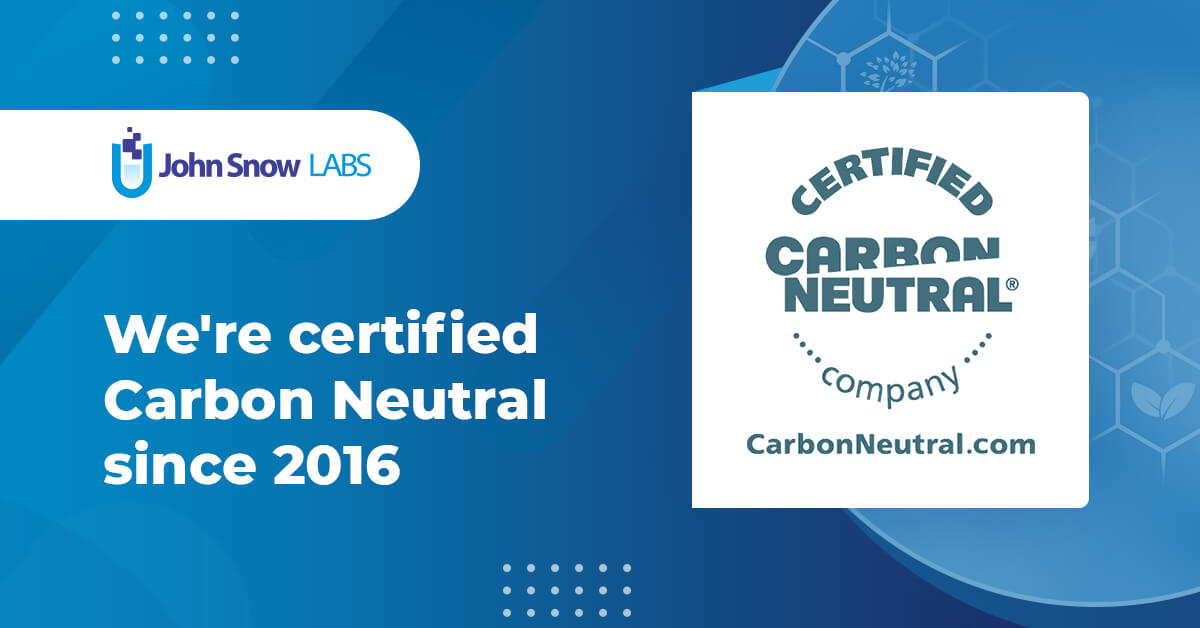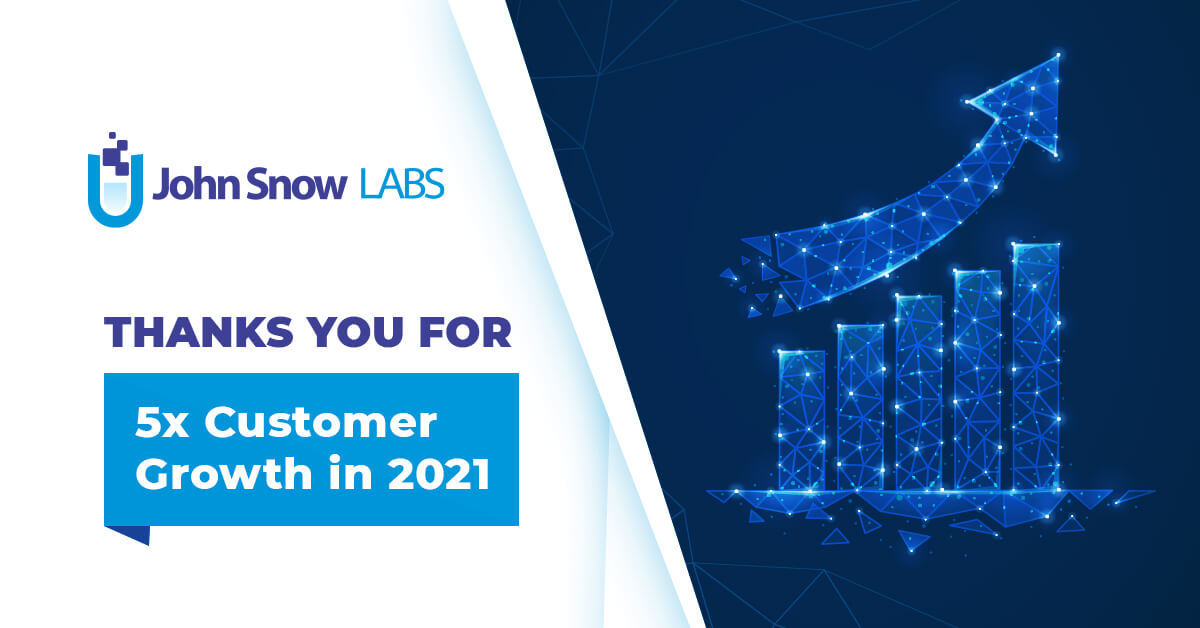Build Patient Cohorts
For population health managers and care management teams, segmenting high-risk patients into cohorts based on their clinical characteristics and history is desirable.
This segmentation not only allows for a better understanding of risk patterns within an individual patient, it also contextualizes these patterns across the broader patient population. Insights from the segmentation could pave the way for crafting intervention strategies tailored to address the nuances of the population.
Using John Snow Lab’s Generative Healthcare models, the ClosedLoop platform enables users to retrieve cohorts using free-text prompts. Examples include: “Which patients are in the top 5% of risk for an unplanned admission and have chronic kidney disease of stage 3 or higher?” or “Which patients are in the top 5% risk for an admission, older than 72, and have not undergone an annual wellness checkup?”
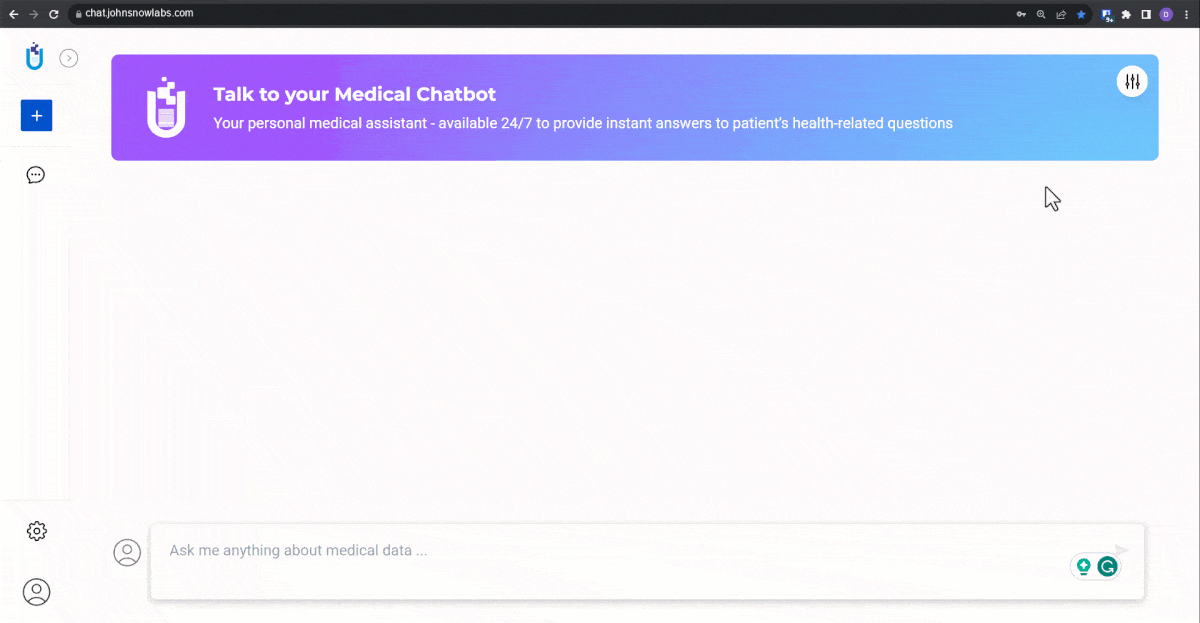
Summarize Medical Records
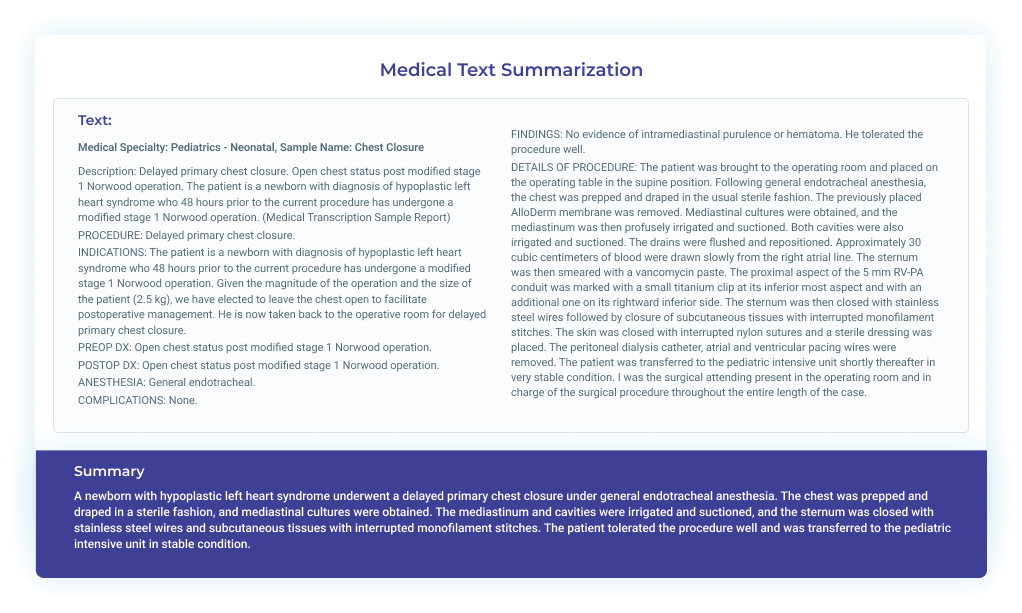
Tuned to summarize:
- Radiology Reports
- Biomedical Research
- Clinical Guidelines
- Patient Questions
- Discharge Summaries in Laymen Terms
Accelerate Biomedical Research
